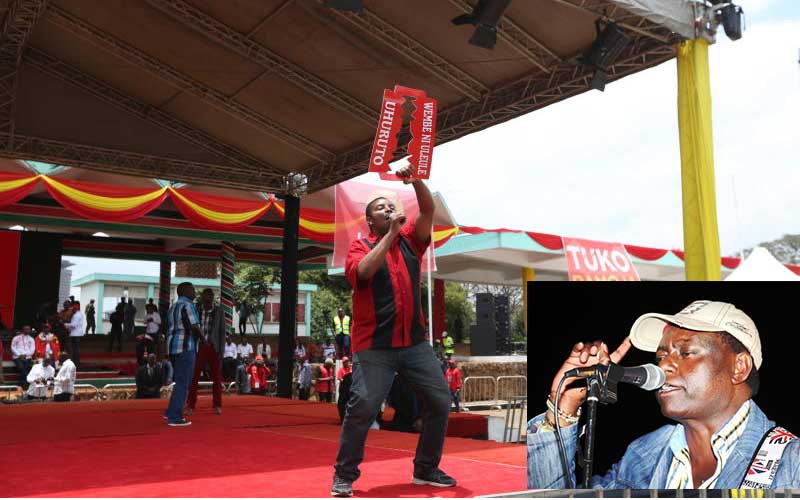×
The Standard e-Paper
Home To Bold Columnists

During campaigns, they appear on every template of a meeting agenda due to their influence.
Politicians fall over themselves as they seek the musicians’ services to convince the electorate and lyrically pass their discreet messages.